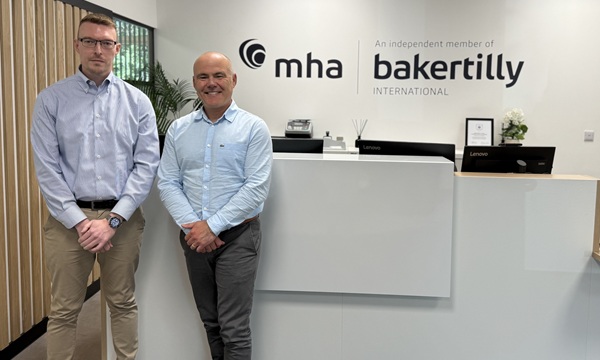
As we move towards the second half of 2025, I feel a strong sense of optimism about the M&A market. Although this past year has not been without its challenges, there is a clear sense that stability is returning and that opportunities for dealmaking are once again abundant.
The first half of 2024 was slow to start. Higher interest rates, stubbornly high inflation and geopolitical tensions led to a cautious environment for mergers and acquisitions. However, momentum built steadily through the year, peaking in the run-up to the autumn Budget when we saw an acceleration of transactions ahead of potential tax changes. Although the Budget created some short-term uncertainty – particularly around business property relief and employers’ national insurance – it was encouraging to see the market quickly recalibrate.
Of course, there are still external pressures that make businesses and investors wary. The geopolitical environment remains volatile, not least because of the unpredictable nature of the Trump administration’s policies in the United States. Political turbulence inevitably causes investors to reassess risk and, in some cases, adjust deal valuations or structures to mitigate uncertainty. However, when you step back, the underlying fundamentals, particularly in the UK, are remarkably resilient.
Inflation is largely under control and although growth is modest it is stable. Interest rates are likely to fall, which would be a further boost to business confidence. There is a clear appetite for transactions among both private equity and strategic trade buyers, and there is substantial liquidity in the market. In short, the capital is there for good businesses looking to raise investment or seek an exit.
This is not to suggest that risks should be ignored. We are in a world where shocks – whether they be pandemic, war or political upheaval – have become part of the landscape. Business owners have become more accustomed to navigating uncertainty, and the M&A market has adapted accordingly. Deferred consideration structures are increasingly common, reflecting a desire to share risk between buyer and seller. Deals are being shaped with pragmatism, rather than abandoned due to caution.
Private equity, in particular, is sitting on significant amounts of undeployed capital, and there is a clear incentive to find good quality businesses. That is positive news for owners thinking of a sale. At the same time, lenders are competing strongly to back the right opportunities, especially at the mid-market and lower mid-market level. Funding is available, which is critical for deal flow.
While macro-level uncertainties will continue to cast shadows from time to time, the overall direction of travel feels encouraging. The Labour UK Government’s intention to create stability, particularly around capital taxes, is also a helpful factor for business planning.
Taking all of this into account, I am confident that 2025 will be a strong year for UK M&A. Deal volumes may not match the artificially high peak created by the tax-driven activity of the first 10 months of 2024, but I believe we will see steady, sustainable growth, particularly in sectors where the UK remains highly competitive. For those contemplating a transaction, the environment looks as positive as it has been for some time.
Andrew Feeke talks about this and more in the The MHA Podcast – Trusted Insights, Strategic Advantage. Listen to the podcast here.










